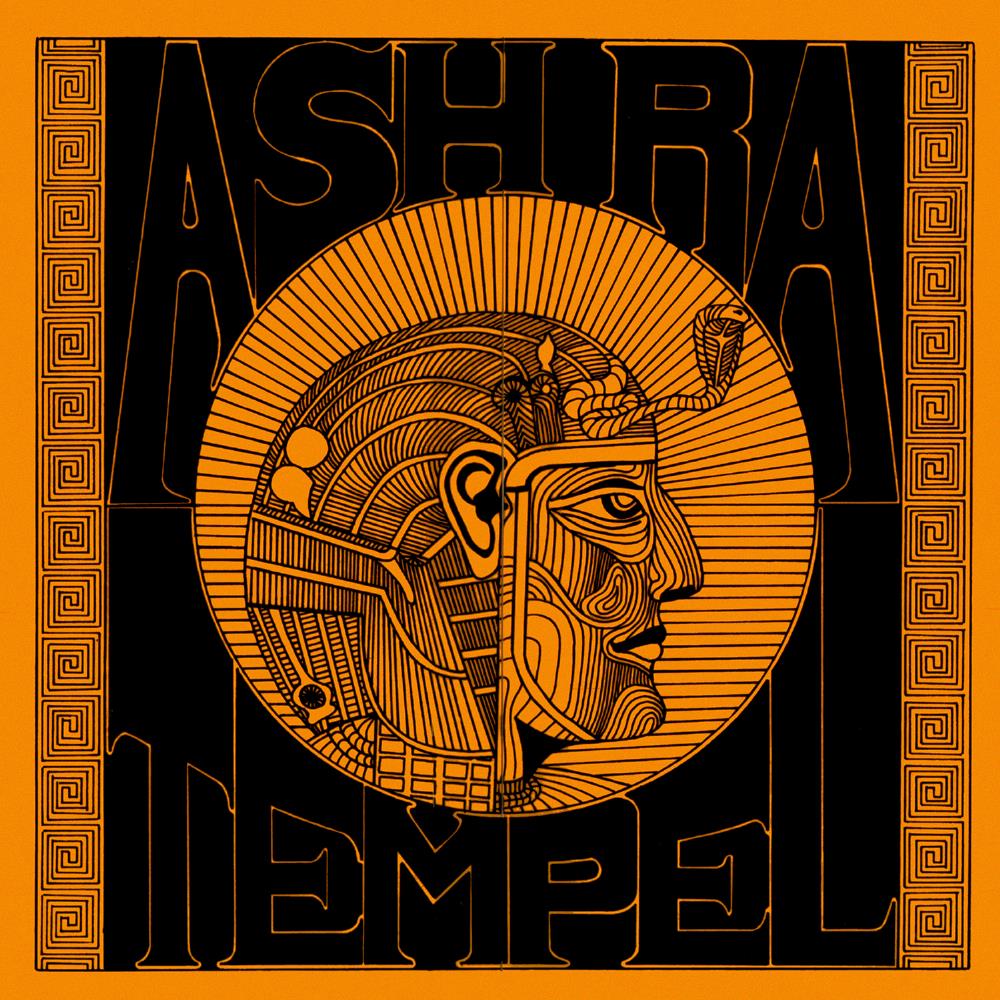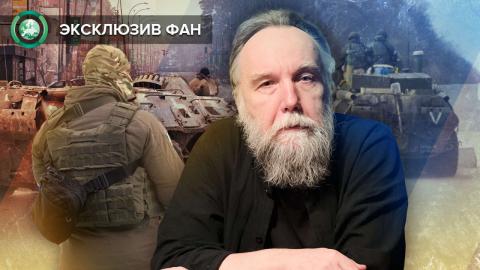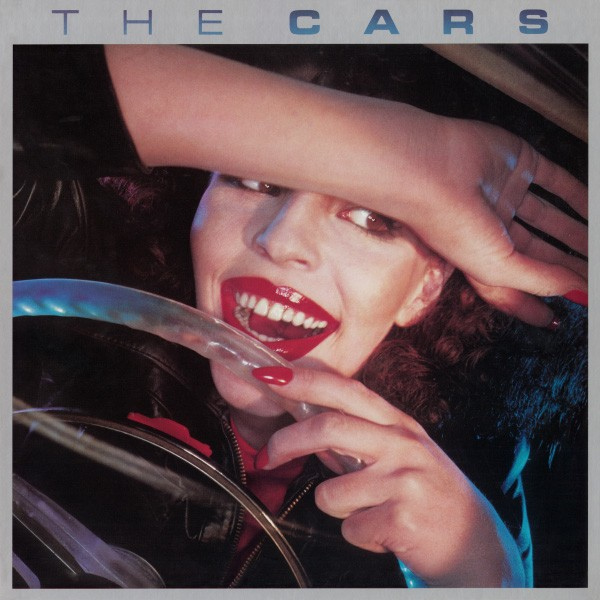 Putin belongs to a very extensive, but politically opaque, unrepresented, unseen layer of people, who after the end of the 1980s were looking for revanche in the context of the fall of the Soviet Union. I was also one of them. My friends and I were people who couldn’t accept what had happened: who said we can’t let it continue to happen. There were hundreds, thousands of people like that in the elite, who were not communists—I, for example, was never a member of the Communist Party. They were people who just didn’t like how things had been done in 1991. This group consisted of very disparate people, with very different ideas of freedom. Putin was one of those who were passively waiting for the moment for revanche up till the end of the 90s. By revanche, I mean the resurrection of the great state in which we had lived, and to which we had become accustomed. We didn’t want another totalitarian state, of course, but we did want one that could be respected. The state of the 1990s was impossible to respect. You could think well of Yeltsin, feel sorry for him. But for me, it was important to see Yeltsin in a different light: on the one hand, it was necessary to protect him from punishment; on the other, Yeltsin was important as the last hope for the state, because it was clear that if the governors came to power they would agree another Belovezhsky Accord, after which Russia would no longer exist.
Putin belongs to a very extensive, but politically opaque, unrepresented, unseen layer of people, who after the end of the 1980s were looking for revanche in the context of the fall of the Soviet Union. I was also one of them. My friends and I were people who couldn’t accept what had happened: who said we can’t let it continue to happen. There were hundreds, thousands of people like that in the elite, who were not communists—I, for example, was never a member of the Communist Party. They were people who just didn’t like how things had been done in 1991. This group consisted of very disparate people, with very different ideas of freedom. Putin was one of those who were passively waiting for the moment for revanche up till the end of the 90s. By revanche, I mean the resurrection of the great state in which we had lived, and to which we had become accustomed. We didn’t want another totalitarian state, of course, but we did want one that could be respected. The state of the 1990s was impossible to respect. You could think well of Yeltsin, feel sorry for him. But for me, it was important to see Yeltsin in a different light: on the one hand, it was necessary to protect him from punishment; on the other, Yeltsin was important as the last hope for the state, because it was clear that if the governors came to power they would agree another Belovezhsky Accord, after which Russia would no longer exist.
Putin is a Soviet person who did not draw lessons from the collapse of Russia. That is to say, he did learn lessons, but very pragmatic ones. He understood the coming of capitalism in a Soviet way. We were all taught that capitalism is a kingdom of demagogues, behind whom stands big money, and behind that, a military machine which aspires to control the whole world. It’s a very clear, simple picture which I think Putin had in his head—not as an official ideology, but as a form of common sense. His thinking was that in the Soviet Union, we were idiots; we had tried to build a fair society when we should have been making money. If we had made more money than the western capitalists, we could have just bought them up, or we could have created a weapon which they didn’t have. That’s all there is to it. It was a game and we lost, because we didn’t do several simple things: we didn’t create our own class of capitalists, we didn’t give the capitalist predators on our side a chance to develop and devour the capitalist predators on theirs.
I don’t think Putin’s thinking has changed significantly since then. He sees them as common sense. That’s why he feels comfortable and assured in his position; he’s not afraid of arguing his corner. He thinks: look at those people in the West, here’s what they say, and here’s what they do in reality. There is a wonderful system with two parties, one passes power to the other, and behind them stands one and the same thing: capital. Now it’s one fraction of capital, now another. And with this money they’ve bought up all the intelligentsia and they organize whatever politics they need. Let’s do the same! Putin is a Soviet person who set himself the task of revanche, not in a stupid, military sense, but in a historical sense. He set it for himself in Soviet language, in the language of geopolitics, that of a harsh pragmatism that was close to cynicism, but was not ultimately cynical. Putin is not a cynic. He thinks that man is a sinful being, that it is pointless to try to improve him. He believes the Bolsheviks who tried to create fair, right-thinking people were simply idiots, and we should not have done that. We wasted a lot of money and energy on it, and at the same time tried to free other nations. Why do that? We don’t need to.
Ω Ω Ω
The idea of a presidential power that stands higher than the other three powers is in our constitution. The President has a special kind of power which does not relate to executive power: executive power ends with the Prime Minister. The President is above them all, like a tsar. For Putin that is dogma. He thinks that in old societies and states there is a sense of order—people don’t aspire to destroy their opponent when they are victorious at the elections—and we don’t have that sense of order. He also thinks that all forms of power in Russia so far have been unperfected: he wants to build a strong, durable form of government.
Ω Ω Ω
Yes, we are talking about managed democracy, but maybe you in the West have forgotten that this concept was widespread in the 1950s in European countries where there had been fascism. In Germany, for example, there was the same idea: Germans have a tendency to totalitarianism so they must not be allowed near politics. They should have the possibility to vote freely, but the people who control real politics must stay the same, they must not yield. A strict system of control has to be created. Everything in Russia—the high vote barrier to get into the State Duma, the one-and-a-half party system—is taken from the German experience. It’s just that in Russia it hasn’t been completely successful, with the breaking up of finance and politics. Is it cynical from the point of view of the theory of democracy? Probably, yes, but here it doesn’t look like cynicism.

 Alexey Navalny, a liberal member of the Yabloko Party, became what was to be one of the most recognizable of a new liberal-friendly brand of opposition nationalists. Following the events in Kondopoga he created a movement known as Narod (‘People’), and began attending nationalist rallies: ‘My liberal friends were in shock, they tore their shirts, “It’s fascism”, they said.’ But he, a solid member of the Moscow intelligentsia with impeccable liberal credentials, persisted with the experimental overtures to the lumpen street brigades: ‘It was clear to me that what is said at the Russian March, if you abstract from the people shouting “Sieg Heil!” reflects the real agenda and concerns of the majority,’ he told his biographer, Konstantin Voronkov.
Alexey Navalny, a liberal member of the Yabloko Party, became what was to be one of the most recognizable of a new liberal-friendly brand of opposition nationalists. Following the events in Kondopoga he created a movement known as Narod (‘People’), and began attending nationalist rallies: ‘My liberal friends were in shock, they tore their shirts, “It’s fascism”, they said.’ But he, a solid member of the Moscow intelligentsia with impeccable liberal credentials, persisted with the experimental overtures to the lumpen street brigades: ‘It was clear to me that what is said at the Russian March, if you abstract from the people shouting “Sieg Heil!” reflects the real agenda and concerns of the majority,’ he told his biographer, Konstantin Voronkov.



